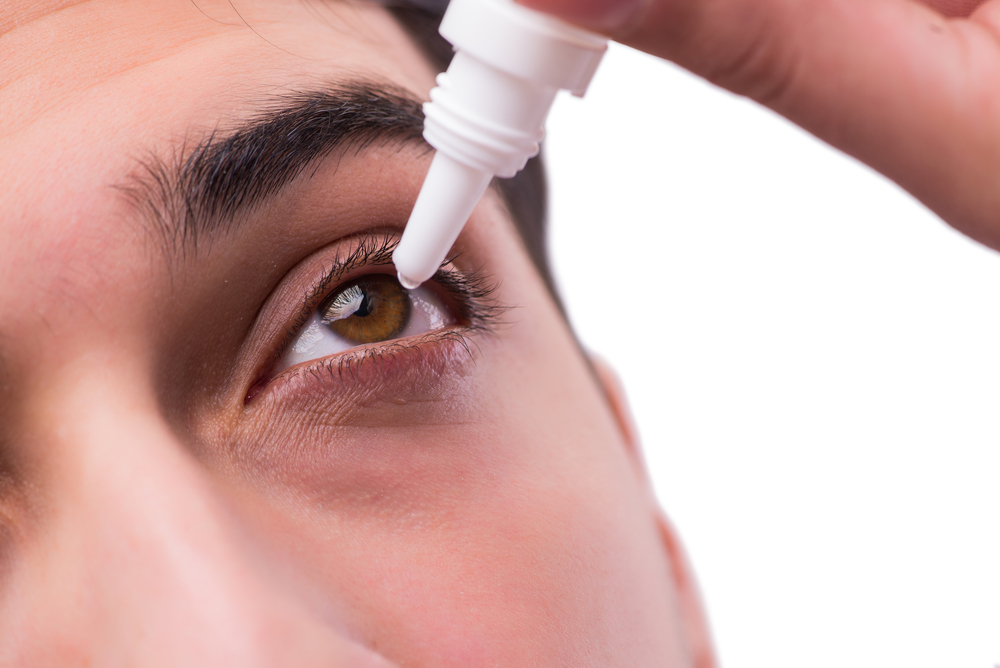

Dry eye occurs when the tear glands in our eyes do not produce enough tears or when the tears evaporate too quickly. This can be caused by various factors, including aging, hormonal changes, certain medications, environmental conditions, and prolonged screen time. Dry eye can also be a result of underlying health conditions such as autoimmune diseases, diabetes, and thyroid disorders. Understanding the causes of dry eye is crucial in taking preventive measures and managing the condition effectively.
The Connection Between Meibomian Gland Dysfunction and Blepharitis
Meibomian gland dysfunction (MGD) and blepharitis are two common conditions that can contribute to dry eye. Meibomian glands are oil-producing glands located in the eyelids, and their dysfunction can lead to inadequate oil production, causing tears to evaporate quickly. Blepharitis is an inflammation of the eyelids that can result from bacterial or viral infections, allergies, or poor eyelid hygiene. These conditions can disrupt the tear film and worsen dry eye symptoms.
Common Symptoms of Dry Eye
Common symptoms include a stinging or burning sensation in the eyes, redness, sensitivity to light, blurred vision, and the feeling of having something foreign in the eye. Some individuals may also experience excessive tearing. If you frequently experience these symptoms, it is important to consult with an optometrist to determine the underlying cause and develop an appropriate treatment plan.
Simple Preventive Measures for Minor Dry Eye
For individuals experiencing minor dry eye symptoms, there are several preventive measures that can be taken to alleviate discomfort and promote better eye health. Here are some tips for preventing and managing minor dry eye:
- Blink Regularly: Remind yourself to blink regularly, especially when focusing on digital screens or reading, to promote natural lubrication of the eyes.
- Stay Hydrated: Drink an adequate amount of water to support overall hydration, including the moisture content in your eyes.
- Use a Humidifier: Adding moisture to the air with a humidifier can help prevent dry eye symptoms, especially in indoor environments with dry air.
- Wear Eye Protection: When outdoors, wear wraparound sunglasses to protect your eyes from wind and dry air, which can exacerbate dry eye symptoms.
- Healthy Diet: Consume a diet rich in omega-3 fatty acids, found in foods like fish, flaxseeds, and walnuts, to support overall eye health and potentially alleviate dry eye symptoms.
- Clean Eyelids: Gently cleaning your eyelids with a mild, preservative-free eyelid cleanser can help remove allergens and reduce the risk of inflammation.
- Consult an Optometrist: If you experience persistent or worsening dry eye symptoms, seek guidance from an eye care professional. They can provide tailored recommendations and treatments to address your specific needs.
By incorporating these preventive measures into your daily routine and seeking professional guidance when needed, you can effectively manage minor dry eye and maintain overall eye health and comfort.
Taking Proactive Steps for Optimal Eye Health
By understanding the causes of dry eye, the connection between meibomian gland dysfunction and blepharitis, you can take proactive steps towards managing and preventing dry eye symptoms. Incorporating these preventive measures into your daily routine can help alleviate discomfort and improve your overall eye health.
For further guidance on how to prevent dry eye and alleviate your discomfort, visit Quick Vision at our office in Vincennes, Indiana, or call (812) 255-0559 to schedule an appointment today.











